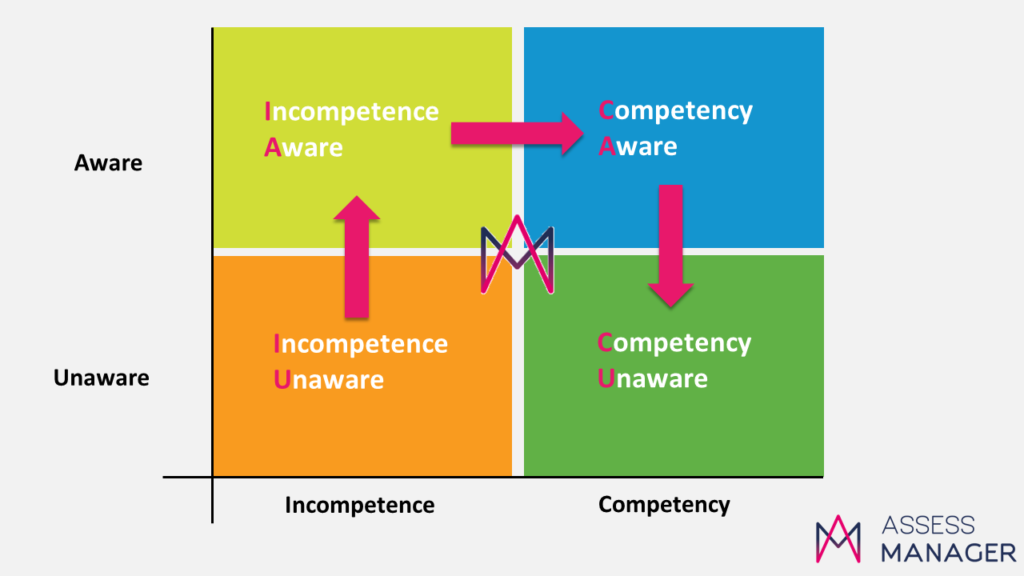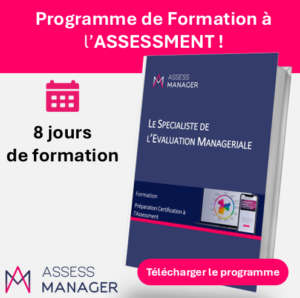
Intergenerational management in companies
Jacques, a slightly paternalistic manager, is exasperated by Julien, a “young person” in his own words, whom he did not recruit and who has been imposed on his team.
- He is convinced that Julien is unaware that he still has a lot to learn and is impatient to take on responsibilities.
- Julien laments this every day, feeling demotivated by the lack of opportunities to work on stimulating, new, learning subjects…
He’s just come out of school and Jacques finds it hard to trust him. He went to engineering school and has learnt to model what he has learnt so that he can reproduce it without any experience of a given subject (abstraction skills).
- Sophie is Jacques’ manager (Julien’s No. 2) and talks to him about the subject… which she says is becoming “problematic”, as there is a problem of trust in Julien; rightly or wrongly?
She challenges him:
“What if you gave him a low-stakes project, to see what he’s capable of? He might come up against some difficulties, in which case he’ll understand why you want to take him step by step.
If he does well, you’ll gain a competent employee in your team, because as long as you’re not aware of his skills, you’re depriving the company of them. Which is a real shame if he really is competent…”
The challenge was set, and Jacques had no choice but to accept!
Intergenerational problems are sometimes linked to differences in perception:
- Jacques thinks Julien is unconscious and incompetent
- Julien thinks he’s consciously competent; perhaps he’s aware that he’s partially incompetent, but he wants experience to develop his skills.
Sophie may have her own opinion, but above all she wants James to back up his assessment with concrete facts. She throws Jacques a challenge so that they can get to know each other, and so that their levels of awareness can converge on plausible competencies and incompetencies.

Extract from the book “Le management à porter demain”
Published by EMS Coach in April 2021.
This is perhaps one way of tackling intergenerational situations. It’s unlikely to solve everything, but it’s a first step towards understanding each other better.

To go further with Assess Manager


